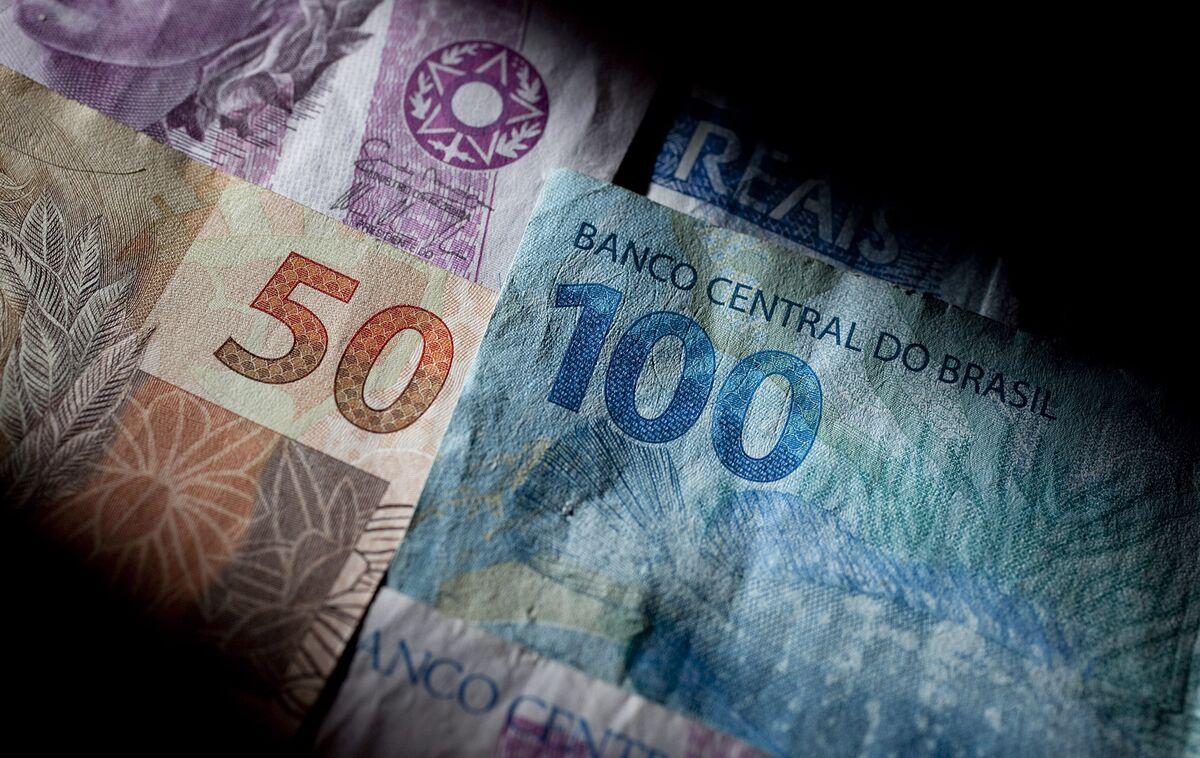
One sure-fire way of making a million reais in Brazil is to found a political party and qualify for government aid. But that perk is now under threat as Congress debates a political reform bill that would provide less cash for smaller parties.
Easy access to state funds has helped create no fewer than 35 parties, 25 of which hold seats in Congress. Requests for another 68 parties are before authorities, threatening to further bog down Brazil’s already cumbersome political process.
Around 819 million reais ($262 million) are earmarked each year to bankroll parties’ expenses. Ninety-five percent is doled out according to the last electoral performance, but the remainder is distributed equally among all registered parties. That means that currently even parties with no seats in Congress receive 1.17 million reais a year.
"It’s not about ideology, it’s about money," said Andre Cesar, a partner at the political consultancy Hold Consultoria. "When you put together a party, you get the money and then you discuss what the party wants to do."
Among those currently seeking registration: The Civil Servants’ Party of Brazil (not to be confused with The Democratic Civil Servants’ Party), The Brazilian Small and Micro-Business Party, and the Popular Party for the Freedom of Afro-Brazilian Expression.
Congressional Fragmentation
With so many parties to choose from, Congress is extremely difficult to manage. Governments must form unwieldy coalitions to achieve a majority, often having to convince by using pork barrel spending or offers of government posts.
"The fragmentation of Congress requires a huge amount of negotiating by the government and often this leads to horse-trading, to swapping favors for support," said Marcelo Issa, a lawyer and political scientist who founded the NGO Party Transparency.
How political parties use tax payer money is coming under increasing scrutiny. The PROS, a party with six lower house deputies founded in 2013, is currently under investigation by electoral authorities after it used its cash to buy a plane, a helicopter and two houses.
The party did not respond to a request for comment for this article. In May 2017 it issued a note to Folha de S. Paulo stating that its "spending was conducted in accordance with the principles of economy, efficiency and legality."
Proposed Changes
Under the bill being discussed in Congress, the annual party fund would be limited to those organizations that succeeded in electing nine federal deputies or won 1.5 percent of the vote in nine of Brazil’s 27 states, with the threshold rising in subsequent elections. But parties that fail to pass even that threshold would still be eligible to access an electoral fund once every two years.
"The change in the law would not in fact limit the creation of parties, but it would make it considerably more difficult for them to access the party fund," said Henrique Neves, a specialist in electoral law and former judge on Brazil’s top electoral court. "I think this rule would disincentivize those who want to create a party to get resources."
House Speaker Rodrigo Maia told Bloomberg that he believed the rule change would bring down the number of parties in Congress to "15 or 16".
For those aspiring to represent untapped segments of the Brazilian electorate, however, the multiplication of new political organizations highlights the vitality of the country’s democracy.
The National Corinthian Party, for example, named after one of the most popular soccer clubs in the country, aims to awaken Brazilians’ interest in politics through sport.
"Politics is something that cannot be put in practice via theoretical concepts," writes the party’s president, Juan Antonio Grangeiro, on its website. "The people will only become interested in politics when it is treated in a simple way."
— With assistance by Luisa Marini.


0 comments:
Post a Comment